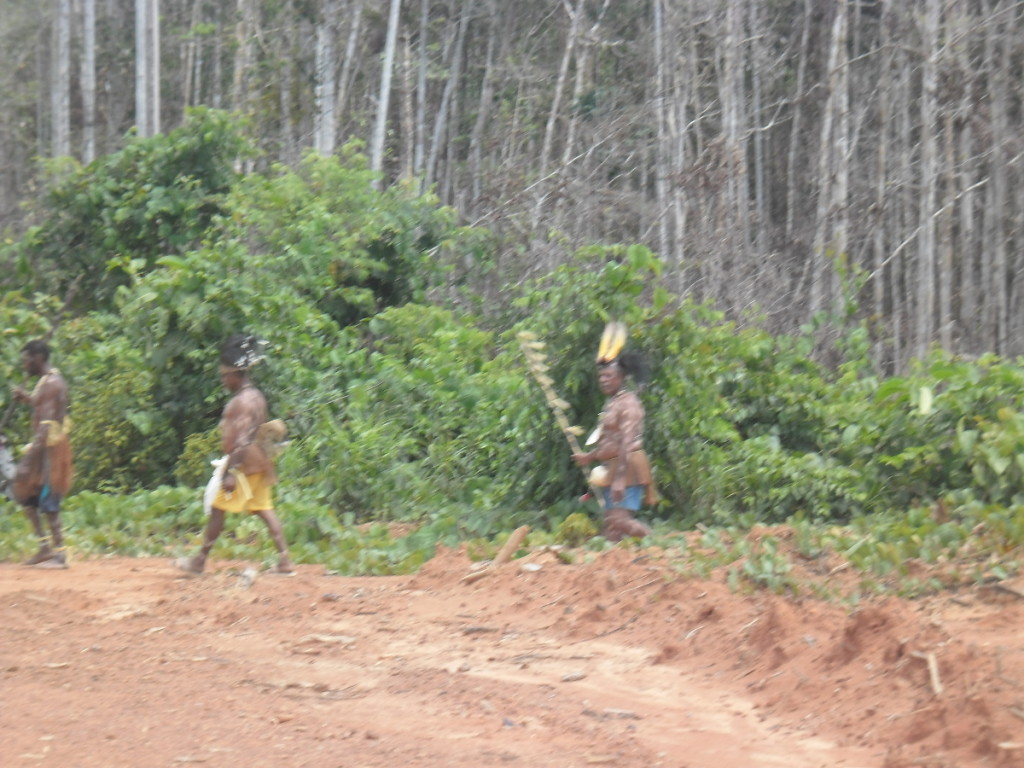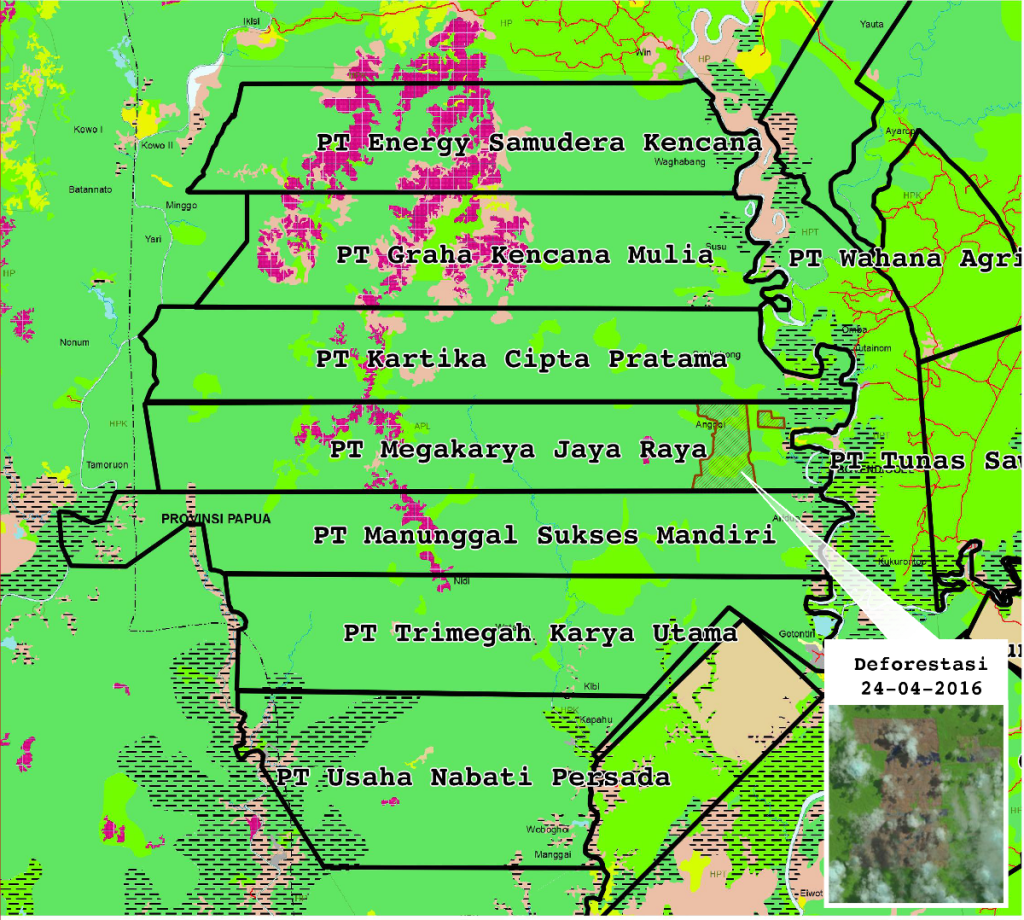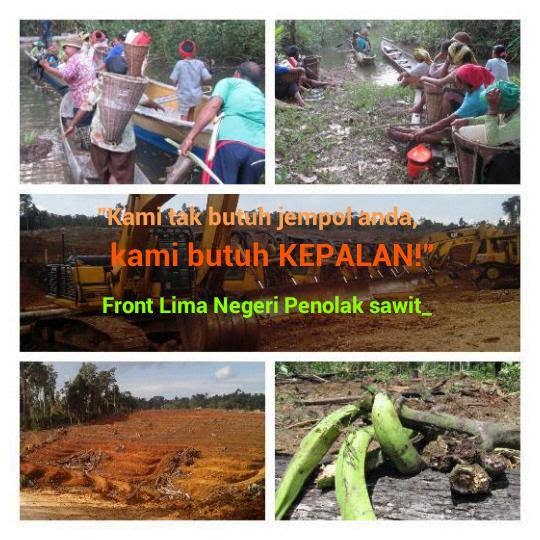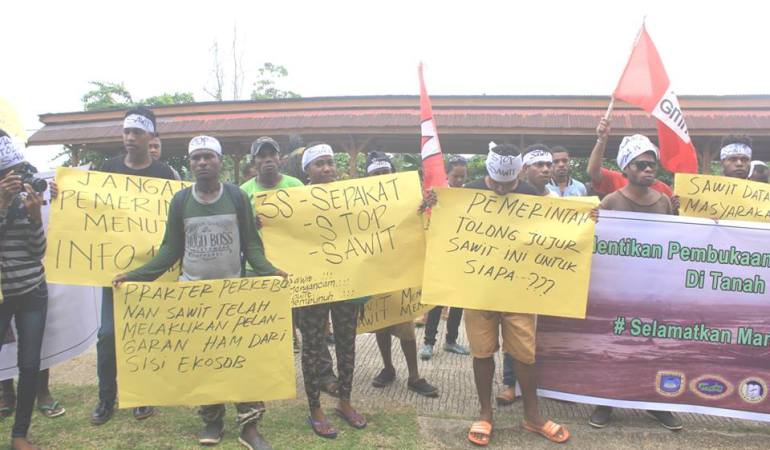The potential impacts of climate change have long been a major concern around the Pacific reason, where, for example, many small islands are vulnerable to sea level rise. In recent years, the human rights situation and political status of West Papua has also been attracting more and more attention in the region. A conference in Sydney, from 3rd-4th November, set out to explore the connections between these two important themes, even though they may at first glance seem unrelated.
The organisers of the At the Intersection conference, from the West Papua Project at the University of Western Sydney, are planning to publish a report presenting the outcomes of the meeting. In the meantime, here’s the paper I submitted for the conference. It’s an analysis of the palm oil industry in West Papua, which has taken off exponentially since around 2010. It considers the parallels between the industry’s impacts, both at a local level for indigenous Papuans as the forest is destroyed, and globally, since the industry contributes significantly to causing climate change. At both levels, this represents an injustice, because certain more privileged actors have benefited, leaving others endure the problems caused.
The paper goes on to analyse who it that benefits from the palm oil business as resource industries tackle this new frontier. Three interest groups stand out: First of all there are the local and national politicians who give the permits, in a non-transparent system which seems to invite corruption. Then there are the companies themselves, which can be classified into three important groups: ambitious medium-sized plantation companies prepared to take risks to expand their land-bank, logging companies which can use their experience locally to expedite permit acquisition, and speculators, who keep a low profile while obtaining permits and then sell on the plantation concessions at a premium. The role of the state security forces (military and police) should also not be ignored – they side with companies, intimidating customary land rights holders into agreeing to development and repressing worker demands for better conditions, but also gain both through legal business interests and illegal sidelines.
The main barriers to plantation expansion are also examined. They include, at a grassroots level, the opposition and active resistance of indigenous communities throughout Papua, and the reaction of the industry itself which has been pushed to address its role in causing climate change and habitat loss.
 Grabbing land locally, changing climate globally: the winners and the losers in West Papua’s plantation boom
Grabbing land locally, changing climate globally: the winners and the losers in West Papua’s plantation boom




